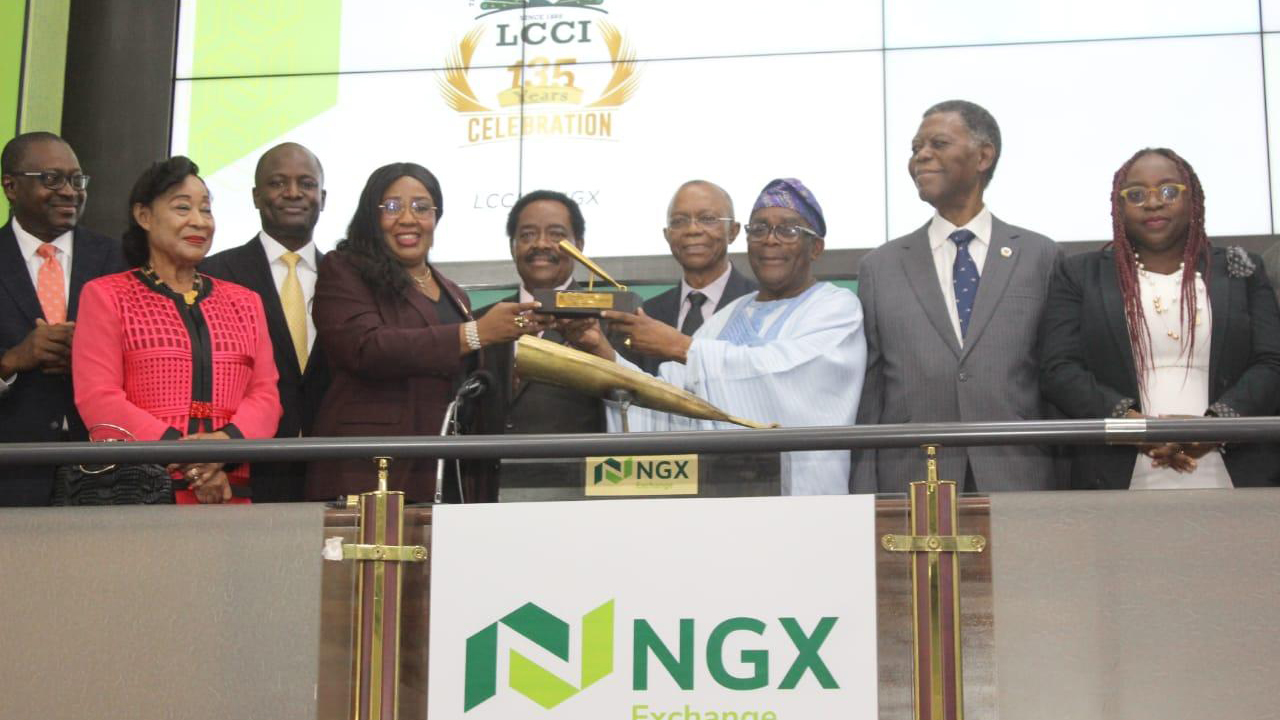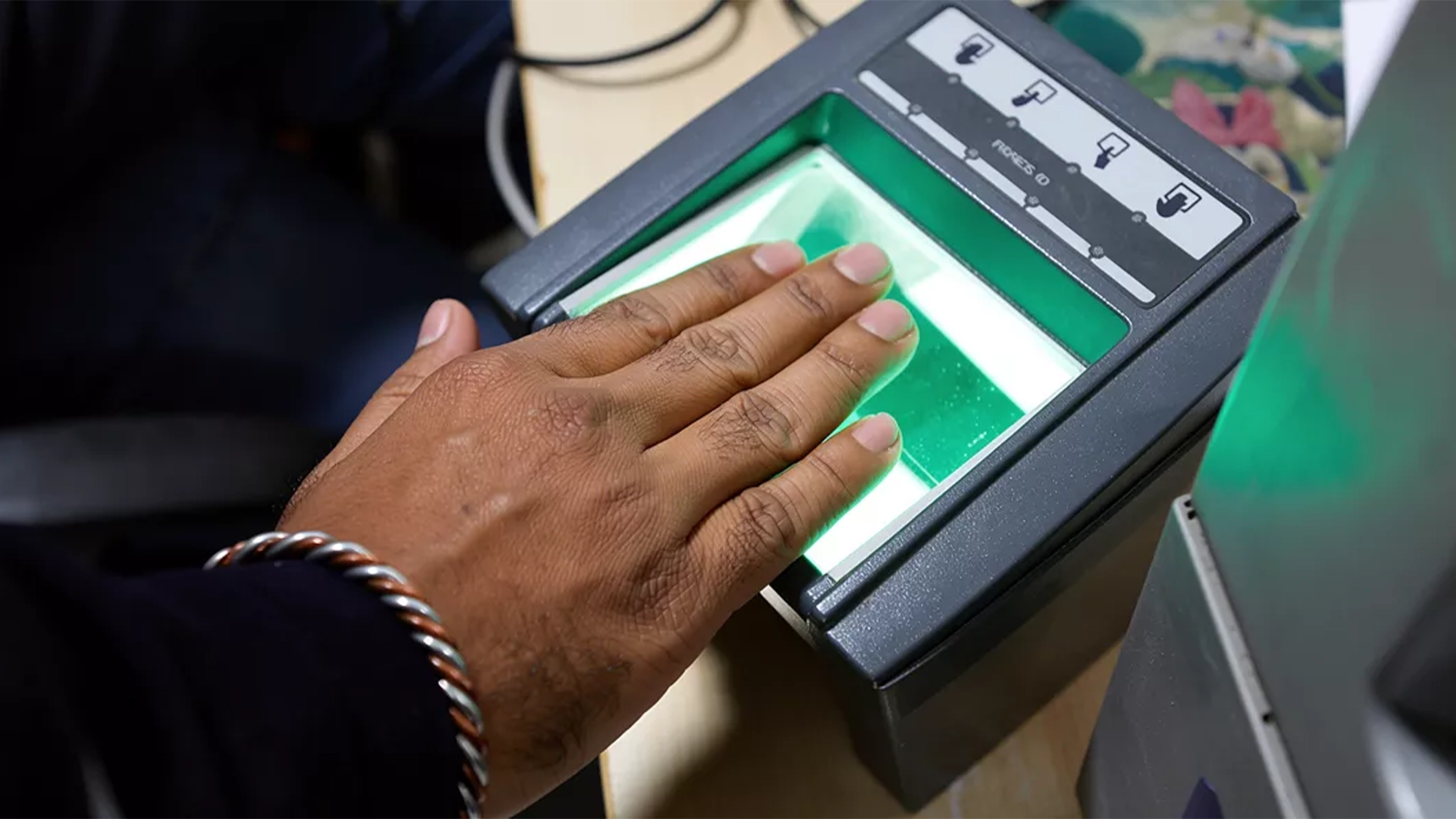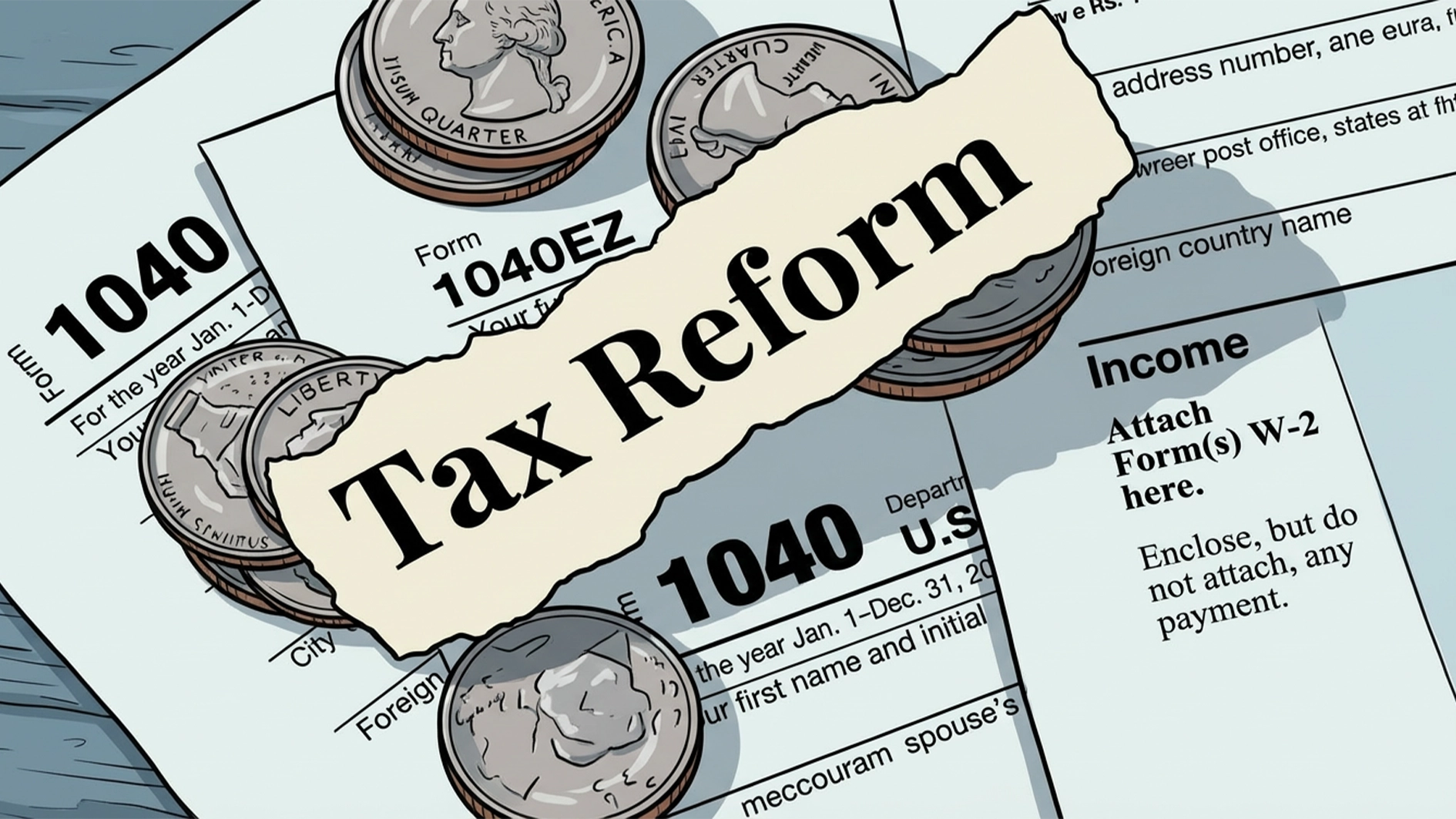
• 36 firms pay N823m fines over non-compliance
Worried by the N823 million fine slammed on 36 firms in the past three years for failure to comply with post-listing requirements of the Nigerian Exchange Limited (NGX), shareholders at the weekend stressed the need for the Securities and Exchange Commission (SEC) to closely monitor listed firms to ensure compliance with regulations.
The shareholders argued that appropriate monitoring would help to reduce non-compliance with stock market rules and avert incessant sanction of listed firms, which ultimately impacts their profits.
According to them, part of the reason some listed firms turn moribund in the market is the failure on the part of the regulators to monitor appropriately and sanction them where necessary to curb excesses.
Among the 36 firms fined, 12 companies were sanctioned N44 million in 2023; 14 were sanctioned N170.6 million in 2022. The NGX imposed N586 million monetary sanctions on seven firms in 2021 while three firms were sanctioned N22.9 million in 2020.
Data from the Nigerian Exchange Limited (NGX) showed that the latest sanction took place in April and August 2023. In April, four quoted companies paid N11.7 million for failure to file their 2022 financial statements within the regulatory time.
These firms are Ecobank Transnational Incorporated Plc, NGX and John Holt Plc. PZ Cussons paid the highest with N4.8 million fine for failure to file the 2022 audited financial statement on time.
Ecobank Transnational and John Holt Plc followed with a fine of N3.2 million each for the same offence in the third quarter of 2022 while Notore Chemical trailed with a fine of N500,000 for failure to submit the 2022 audited financial statement.
In August, eight quoted companies were fined N32.74 million for failure to file their unaudited financial statements in 2023 before the end of the regulatory due date. The affected companies include Presco Plc, Ardova Plc, Briclinks Africa Plc, Universal Insurance Plc, Unity Bank Plc, Conoil Oil Plc, FBNH Plc and Caverton Offshore Support Plc.
Presco Plc with N9.4 million fine, Ardova, N7.2 million and Universal Insurance Plc with N4.7 million fine accounted for a cumulative fine of N21.3 million and represents 65.05 per cent of the total fines levied on defaulters.
President of the Independent Shareholders Association of Nigeria (ISAN), Moses Igbrude, said while post-listing compliance is a necessary tool that enhances sound corporate governance, regulatory authorities should be more responsive than reactive in managing the excesses of listed firms, especially in investigating and taking immediate action when issues that can constitute disincentive to investment are reported.
President of New Dimension Shareholders of Nigeria, Patrick Ajudua, said it is important for regulators to ensure proper monitoring of listed firms about compliance with laid down rules to boost investors’ confidence.
According to him, one of the ways to achieve this is to strengthen the whistle-blower’s mechanism and ensure that reports of breach of compliance such as failure to pay dividends or bonus issues already approved are taken seriously.
Ajudua pointed out that if the regulators fail to ensure appropriate monitoring of listed firms’ operations, shareholders will be shortchanged in various ways which would ultimately erode investors’ confidence in the market.
He added that the importance of monitoring listed firms’ compliance is to ensure prompt and timely disclosure of information to the investing public for effective decision-making, noting that failure to do so will cause investors to develop apathy for the stocks.
Co-founder of Nigeria Shareholders Solidarity Association, Gbadebo Adetokunbo, said: “It is very sad to note that most of the companies that went under were due to lack of proper monitoring and sanctions by the regulators before their liquidation.
“When you take stock of the past delisting of quoted companies, you will notice that lack of appropriate regulatory oversight is largely responsible for their undoing, while investors suffer for it,” he decried.
Former Secretary-General of ISAN, Adebayo Adeleke, said: “It is also very important that people should put their mouth where their money is. Likewise, shareholders must ensure that they watch corporate managers’ level of compliance and disclosures.
“This can be done both at the individual level and at the group level. Shareholders and shareholder associations are the first line of gatekeepers. As risk bearers, they stand to lose a lot if and when firms are mismanaged.”






